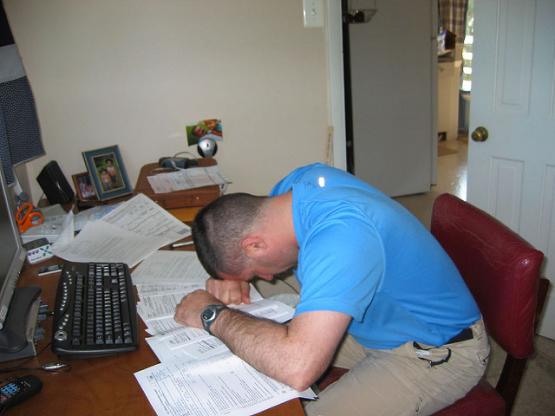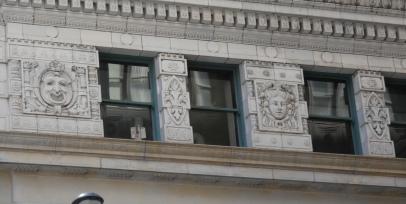This session introduces Progress & Poverty, including an overview of what we cover in the course. Even if you don’t plan to take the full course, you can expect this introductory session to help you gain a new and useful perspective on today’s problems of wealth concentration, poverty, and lack of opportunity.
America in the 1870s faced increasing poverty, rising unemployment, rule by an elite and their corporations– many of the same problems we’re experiencing today. Henry George described the cause of these problems and proposed a remedy which is even more applicable today than it was in his time. His book Progress & Poverty, perhaps the best-selling nonfiction book of the 19th century, presented his analysis and solution.
In this “classic” version of the course, students are encouraged to read the original 1879 text, and/or modern summaries and supplements, and to evaluate what George says against their own experience and understanding. You’ll gain a new understanding of how the economy works, which public policies promote liberty and prosperity, and which don’t.
Class meets every Tuesday, beginning 6:15PM on January 19, ending March 22. More information about the course is here and here. Pre-registration is helpful but not required.

As farmland yields to “higher-value” uses, how (and how well and how inexpensively) will we eat? Bob Jene reviews data from a leading agricultural preservation organization, the American Farmland Trust (AFT). Among other things they buy development rights from landowners to insure continued farming use, and attempt to facilitate community supported agriculture which makes family farms more viable. A Georgist fiscal reform encourages more conservative and productive use of all land and reduces sprawl, thus preventing encroachment on farmland. An alliance with AFT would benefit us both.

Do we need to suffer like this (and/or pay someone else) in order to fund government? In this presentation, HGS instructor Bob Jene looks at what it costs to collect income taxes. The direct cost to the government of operating the Internal Revenue Service is only a small part, as the burden put on the taxpayer, and the diversion of effort from productive uses, should also be considered.
Once again this year, our colleagues from the Public Revenue Education Council will have a booth at the annual conference of the National Council of State Legislators. PREC travel to the host city each year, and in 2016 they’re at McCormick Place in Chicago.
PREC will want assistance from local people who have completed one or more courses at the Henry George School and understand the fundamentals of political economy, especially land value taxation and the “two-rate” or “split rate” tax. If you might like to help out, contact Chuck Metalitz for more details. Because this conference of public officials is closed to the public, this might be you only way to get into the exhibit hall, and requires pre-arrangement. Only a limited number of these volunteer positions is available.

Right on the streets of every American community, robbery takes place every working day. You might not realize how much value the people of Chicago (and every other community) already create, simply by going about our daily activities. You’ll learn how we could comfortably produce much more, if only a smart tax policy were put in place.
Originally conceived as a field trip for Progress and Poverty students, this stroll — about 2 km and 90 minutes — presents some answers for those interested in finding out. Additionally, we’ll take a look at recovered loot of a long-ago theft, learn how Thomas Jefferson proposed to finance Chicago’s public schools, see some infrastructure that you probably didn’t know about, visit a shopping mall that you paid for but don’t own, and glimpse a billionaire’s downtown garden.
Detailed sourced notes will be provided. This is now a free tour, no donation required, although we do appreciate (tax-deductible) contributions from those who can afford it and find the event worthwhile.
Please sign up using the Eventbrite link.
